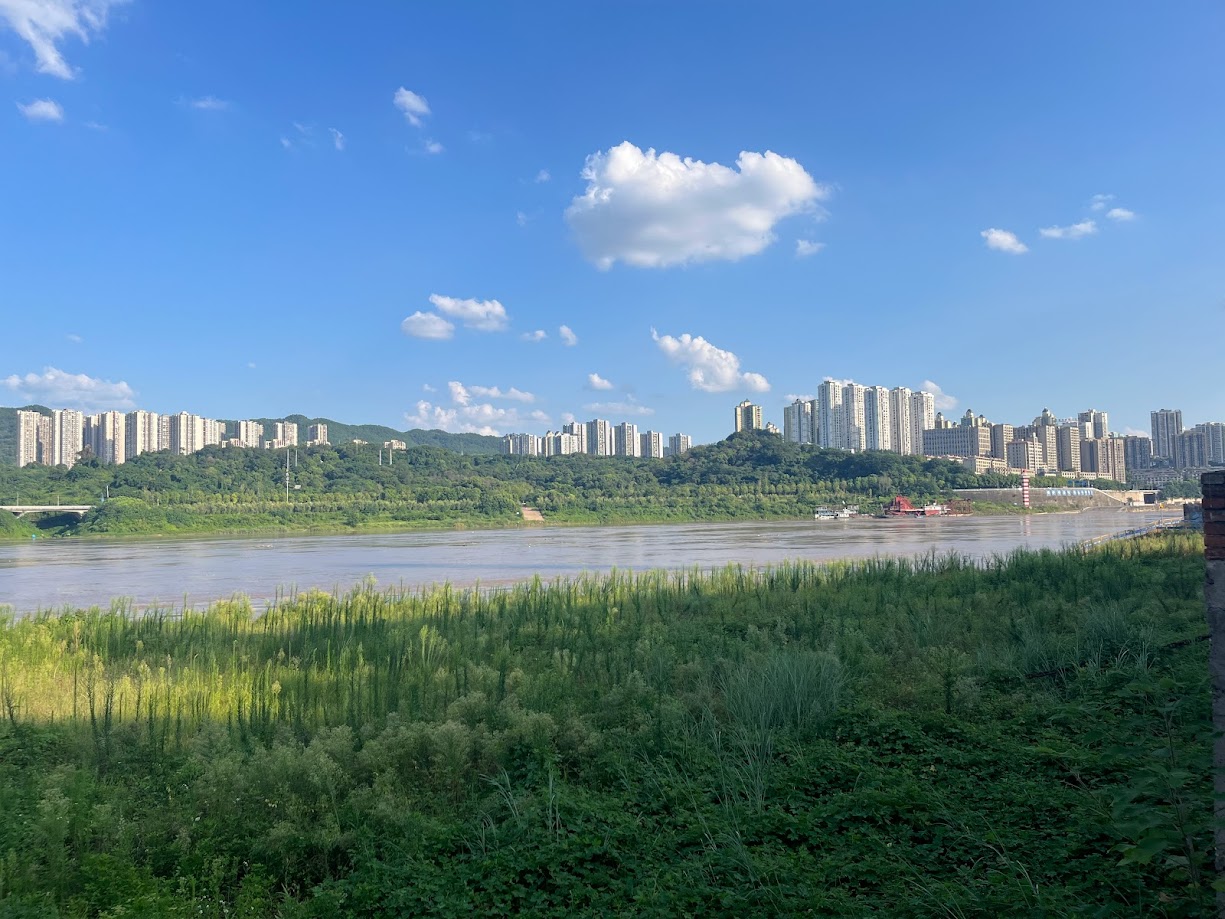
The Research problem
Zoning Urbanisation (ZU) seeks to investigate the rise of special policy zones in the management of sustainable urbanisation. Local and national governments seeking to achieve resilient, healthy, and socially just urban management while accommodating diverse global contexts have increasingly turned towards the use of space-based policies to limit urban sprawl and produce more sustainable urban systems. Recent attention to low emission zones and 15-minute-cities can be understood within a huge global array of policies intended to ensure coherence and sustainability of urban life: ecological protection zones in the Amazon, greenbelts around Chinese cities, and flood sacrifice zones. Yet by introducing boundaries to an interconnected urban landscape, this zoning can also produce unforeseen inequalities and precarity for residents: populations may be displaced, low-income groups may be excluded, local socio-economic interests may be sacrificed for private profit.
Research Design
This project undertakes a comparison focussed on (but not limited to) three world-regions: East Asia (with a focus on China), Latin America (with a focus on Brazil), and Western Europe (with a focus on the UK). These world-regions have adopted distinctive policy measures and responses to managing sustainable urbanisation with urban zones, and examination of the effectiveness and social-economic impact of these responses on communities living in and alongside these zones.
ZU investigates what broad empirical trends can be identified in the use of special policy zones to manage sustainable urbanisation amongst these regions. This will be achieved through comparative analysis: the use of GIS resources to map the extent of sustainability zones and select critical case studies, in addition to policy analysis, to understand the policy systems which structure such zones.
ZU also investigates the way existing bodies of expert knowledge have theorised and understood these zones and processes of urbanisation. This will be achieved through a review of academic literature to understand how local knowledge systems have developed, enabled by bringing together a diverse range of urban expertise grounded in East Asia, Latin America and the UK.
The main coordination of the project will be through a one hour monthly meeting of the team on Zoom, organised via rotating chair, in addition to an extended workshop hosted by Chinese University of Hong Kong (CUHK) in September 2024.
Project Objectives
The objectives of ZU are: (1) to develop a typological understanding of the ways in which sustainable urbanisation is managed and delinieated through the creation of special policy zones at a global scale; (2) to connect geographically separate bodies of knowledge and theory focused on interpreting and intervening in urbanisation. The WUN has supported these objectives through providing the scholarly infrastructure and connections necessary to work together across different world regions and funding the support and travel necessary for this project to take place.